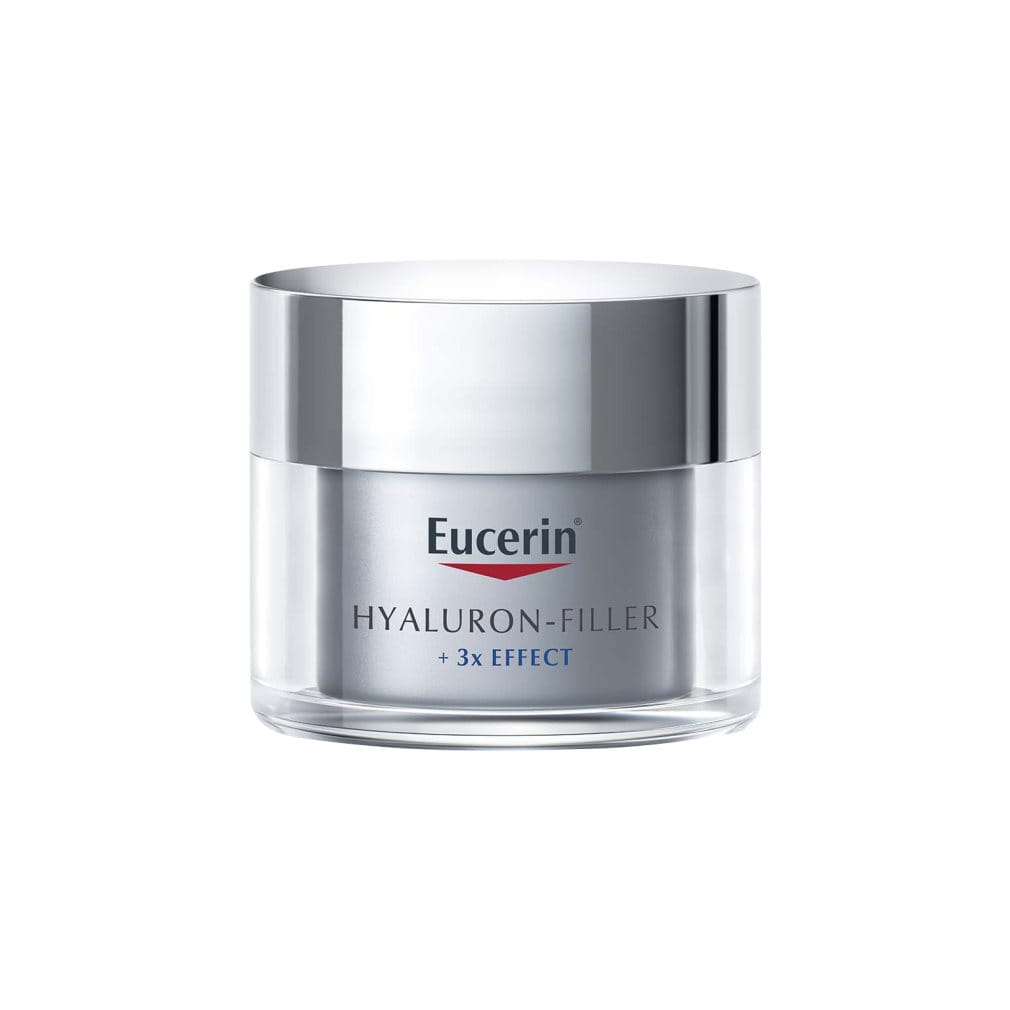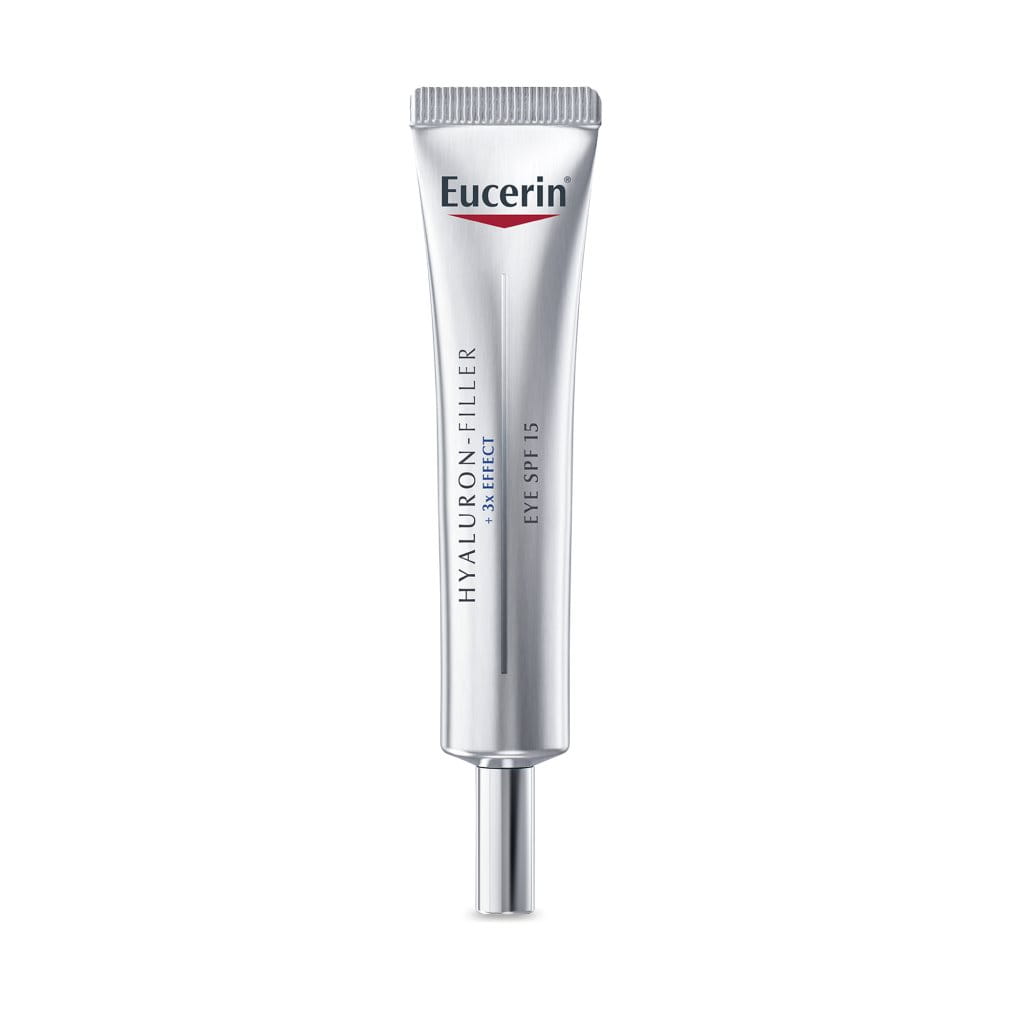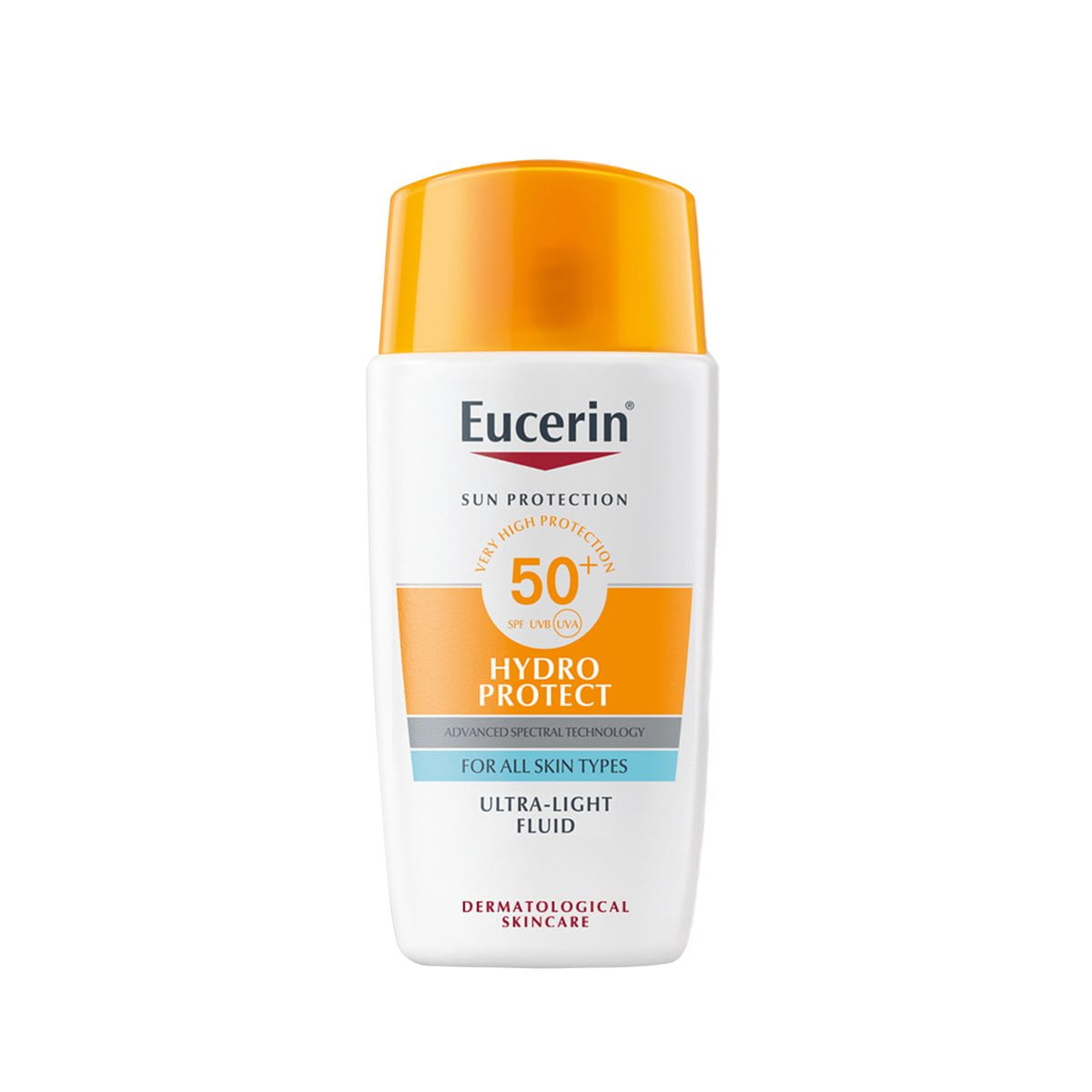Menopause is a significant biological transition in a woman’s life, marking the end of reproductive years, which typically occurs between the ages of 45 to 55. This transition period, during menopause, brings about drastic hormonal shifts and the end of ovarian function, leading to a string of symptoms, both physical (face and body) and emotional.
A menopausal person may experience hot flashes, night sweats, joint pain, mood fluctuations, and notably, changes in skin barrier and structure. Hence, understanding how menopause and skin changes interconnect becomes essential for drafting effective management strategies to boost your skin health during this transformative stage.
Keynote:
- Menopause is a natural transition that triggers hormonal fluctuations leading to several effects, one of them being changes in skin health.
- These effects may include dryness, thinning, impaired barrier function, accelerated collagen loss, and increased vulnerability to skin conditions.
- The skin barrier should be managed with a thorough skincare routine for barrier repair and daily sunscreen application to prevent photoaging.
- Effective care promoting skin health combines professional treatments with lifestyle changes like a balanced diet and a consistent skincare routine.





